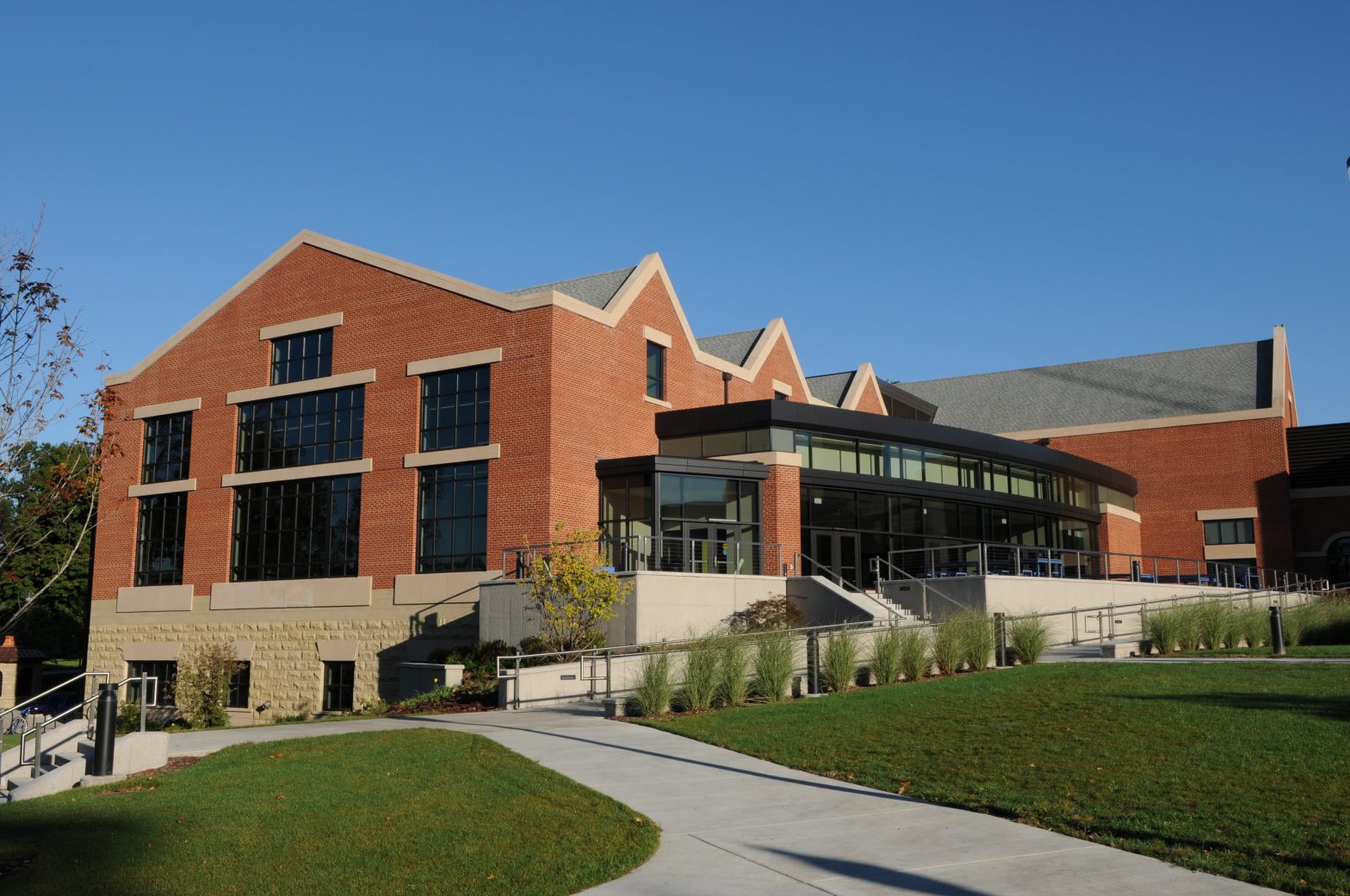by Aaron Schantz, MA, LLP, CAPS Staff Counselor
In the CAPS office, we have been thinking about an article by Tara Haelle, an infectious disease journalist who, in her professional life survived a 8.0-magnitude earthquake in Peru. She begins her article with a realization that life today is harder for her than surviving that earth-shaking disaster.
How is that possible?
As the COVID-19 pandemic unfolded in Spring 2020, her motivation decreased but she wouldn’t describe herself as simply depressed. In fact, her self diagnosis was as follows:
an “anxiety-tainted depression mixed with ennui that I can’t kick,” along with a complete inability to concentrate
I’m no science journalist, nor am I a mother with two school-aged kids navigating at-home schooling. Something about Haelle’s description, however, just made sense to me. In her article she introduces three concepts and interviews three researchers to glean their suggestions for coping strategies. The three concepts she names are what resonated with me most and seemed all-too-familiar despite our different life situations.
Three concepts you probably “get” intuitively
When she writes about a concept called “surge capacity,” its unique activation in a pandemic, her usual ability to handle crises, and the time-limited effectiveness of her former coping patterns, I get that. Months into this pandemic and its effects, as healthy as I thought I was, I understand.
When she describes “ambiguous grief,” it feels familiar. I know what ambiguity means, and I know grief. There are experiences and opportunities I have lost in this season of life as well. Some are obvious, and some are very personal and painful enough that, to my detriment, I sometimes try to avoid thinking about them.
When she introduces a “resilience bank account,” I realize my previously un-recognized wish that I had a few more self-care resources saved up for days and moments in which I might draw on them. I jump right to planning and action: maybe now is a good time to learn to play the ukulele?
Upon laying this foundational understanding–establishing our human common ground around surge capacity, ambiguous loss, and resilience bank accounts, Haelle turns to a few implications of our current living situation and these words from one of her experts:
“It’s harder for high achievers,” she* says. “The more accustomed you are to solving problems, to getting things done, to having a routine, the harder it will be on you because none of that is possible right now. You get feelings of hopelessness and helplessness, and those aren’t good.”
*Pauline Boss, PhD, family therapist and professor emeritus of social sciences at the University of Minnesota who specializes in “ambiguous loss.”
If it is harder for high achievers to manage some of these seismic shifts, what must it be like for a community like Hope College? How disruptive to a place full of high achievers? How can we better cope with the realities of 2020 life? If Haelle is right when she quotes Dr. Boss, and hopelessness and helplessness are possible outcomes, those are very challenging places to be, indeed!
I won’t itemize Haelle’s recommendations in this post, because I highly recommend her article. Some of the author’s suggestions, however, are changes in our thinking patterns that take practice–not quick fixes. They do not work immediately and overnight, but are useful ways to be both honest about reality and focus on what is within one’s power to change. “Both-and thinking,” as a matter of fact, is a strategy she suggests.
Self-compassion and grace
Haelle would likely agree that when we cultivate some grace or self-compassion on this journey, we can cope better. One of her three experts reassures her:
“Why do you think you should be used to this by now? We’re all beginners at this,” Masten* told me. “This is a once in a lifetime experience. It’s expecting a lot to think we’d be managing this really well.”
*Ann Masten, PhD, a psychologist and professor of child
development at the University of Minnesota, as quoted by Tara Haelle
We may have been down tough paths before, but none quite like this. I have not survived a catastrophic earthquake, but I have had significant challenges–some that lasted longer than I wanted them to. I’m guessing you have, also.
We have all lost things important to us–experiences, opportunities, relationships.
We all sense a need for more ways to regulate our emotions and pursue our interests and live out of our values.
But maybe I’m being presumptuous to assume that Haelle’s experience and everyone else’s is similar. Does it sound like you, too? Haelle gives readers a chance to see ourselves in her particular situation, and draw from our common experience of this pandemic in a way that transcends the oft-repeated phrase “we’re all in this together.”
Your ‘Surge Capacity’ Is Depleted — It’s Why You Feel Awful: Here’s how to pull yourself out of despair and live your life, Tara Haelle, Aug 17, 2020
Read the full article for yourself. The web page says that it’s a 13 minute read.
Looking for additional strategies to help with coping during these challenging times? Check out our other recent blog posts for additional coping skills:
- Coping with the Anxiety of Living in a COVID-19 World? Try this! (Free workbook)
- DISCUSSIONS WITH DASH (Coping Skills during the COVID-19 Response)
- Mind, Body and Spirit Wellness during COVID-19 (Guest Blog with Tim Koberna)
- A Time for Mindfulness Meditation


